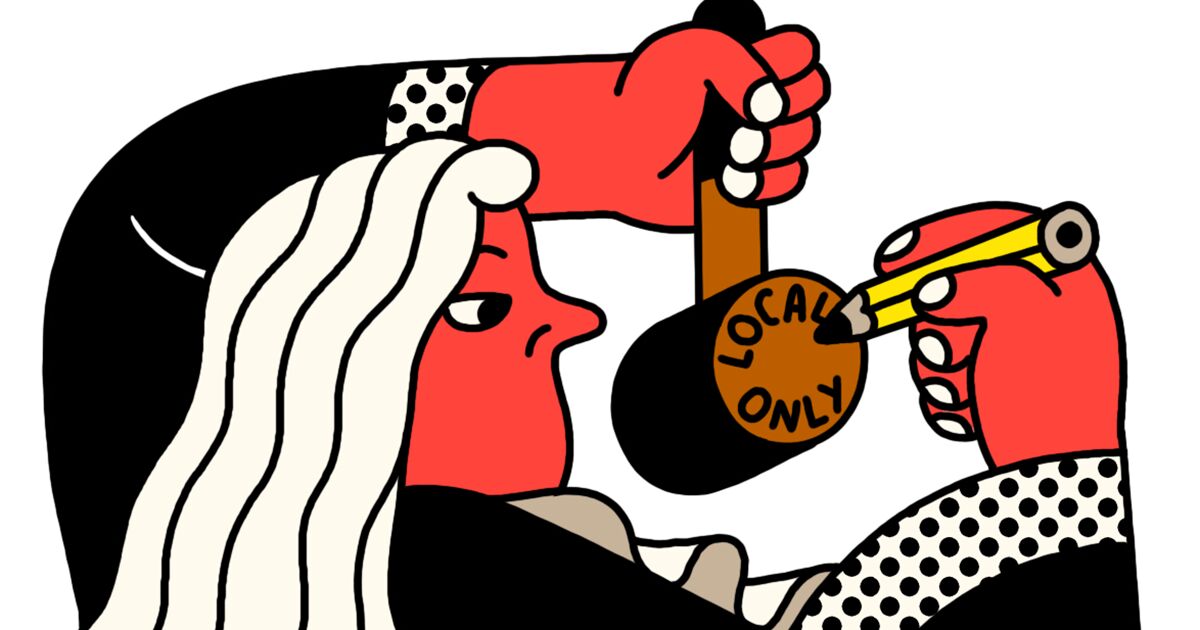
Quick trials, big verdicts favoring consumers, and a state law that allows nonresidents to easily join mass litigations made St. Louis a destination of choice for attorneys going after companies that do business nationwide. Those days may be over, and drugmakers such as Bristol-Myers Squibb Co. and Johnson & Johnson couldn’t be more relieved. Supreme Court in June struck a blow against so-called litigation tourism, ruling there has to be a connection between the forum and the specific claims at issue. In an 8-to-1 ruling, the top court said almost 600 people who claimed they were injured by the blood-thinning drug Plavix couldn’t sue Bristol-Myers Squibb in a California court because they didn’t live in the state.
The fallout in St. Louis was quick. Within days, J&J, citing the Supreme Court ruling, won a mistrial in a case in which the families of three women blamed their deaths from ovarian cancer on use of the company’s talc products. Two of the families were from out of state. Illinois-based drugmaker AbbVie Inc. asked the Missouri Supreme Court on June 26 to consider the June 19 U. Supreme Court ruling in an appeal of a $38 million St. Louis jury verdict that found its Depakote medication caused birth defects. AbbVie said the trial shouldn’t have been held in St. Two days after the Supreme Court decision, a Bayer AG unit tried to have thrown out a class-action lawsuit claiming its Mirena contraceptive device caused birth defects. The lawsuit included 98 women, but only 3 were residents of Missouri. The federal judge denied that request and sent the case back to the city court.
There are likely to be more challenges in St. Louis, where complaints full of nonresidents have been pouring in in recent years. A lawsuit filed in 2014 over Pfizer Inc.’s anti-cholesterol drug Lipitor, for example, has 91 plaintiffs. Only one is a resident of St. A talc complaint brought against Johnson & Johnson in 2014 has 65 plaintiffs, with one St. Louis resident and one other from Missouri.
“It’s going to be tougher for plaintiffs,” says Carl Tobias, a law professor at the University of Richmond. “They’ll find some friendly jurisdictions, but judges are going to read the Supreme Court decision and force them back to where they came from.”
Justice Samuel Alito, writing for the majority on the Supreme Court, set the standard clearly in describing the problem with the Plavix litigation. “The nonresidents were not prescribed Plavix in California, did not purchase Plavix in California, did not ingest Plavix in California, and were not injured by Plavix in California,” he wrote. “The mere fact that other plaintiffs were prescribed, obtained, and ingested Plavix in California—and allegedly sustained the same injuries as nonresidents—does not allow the state to assert specific jurisdiction over the nonresidents’ claims.”
The ruling gives J&J renewed hope after the company lost four talc trials in St. Louis—three last year and one in 2017. A total of $300 million was awarded to the plaintiffs, each of whom was an out-of-towner. “In those cases, we consistently argued that there was no jurisdiction,” Ernie Knewitz, a J&J spokesman, said in an email. “We expect the existing verdicts that we are appealing to be reversed.” An additional 1,000 talc claims are pending in Missouri, most from out-of-state plaintiffs. “We expect they will also be dismissed for lack of jurisdiction,” Knewitz said.
If that happens, the talc lawsuits could be refiled in, or sent to, home courts of the plaintiffs or defendants, or transferred to a multidistrict litigation, where some cases would be combined before one federal judge in Trenton, N. While one door shuts to plaintiffs, others may open. Missouri’s loss may be Pennsylvania’s gain when it comes to product-liability suits from out-of-state plaintiffs, says Tom Kline, a lawyer in Philadelphia. Many drug companies, including J&J’s Janssen unit, are incorporated in Pennsylvania or have substantial research or manufacturing facilities there, Kline says. That gives non-Pennsylvania residents the “hard contacts” that the Supreme Court decision said could provide jurisdiction.
J&J and Janssen are facing more than 5,800 claims in state court in Philadelphia that the companies’ Risperdal anti-psychotic drug causes boys to develop female-like breasts. Kline persuaded a Philadelphia jury last year to hit J&J and Janssen with $70 million in damages in one of the boy-breast cases. Says Kline: “Those cases have to go somewhere, and the Supreme Court has said they should go to the companies’ headquarters or places where they do substantial business.


0 comments:
Post a Comment